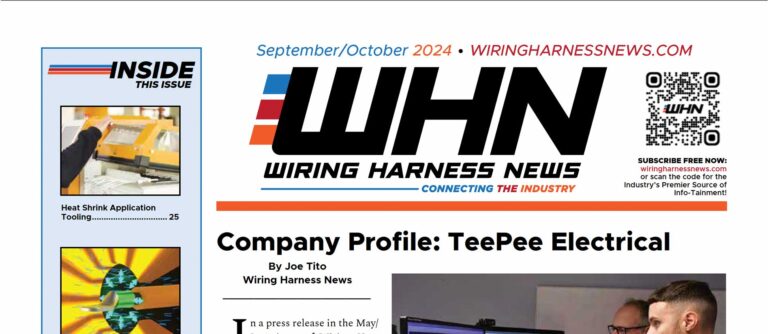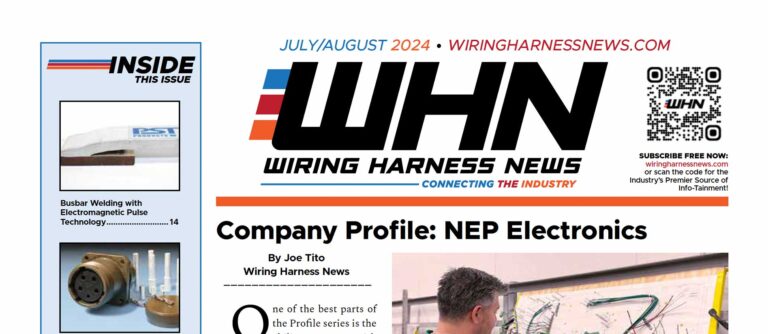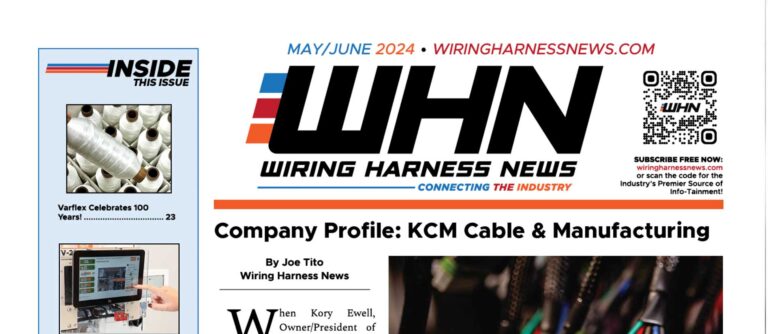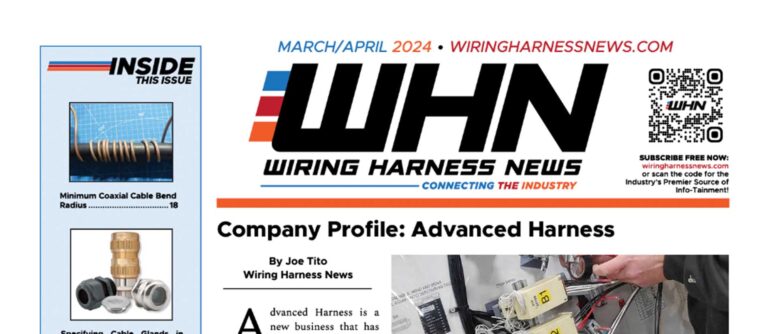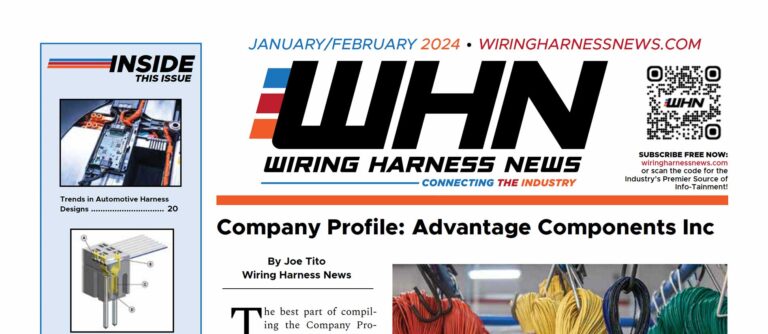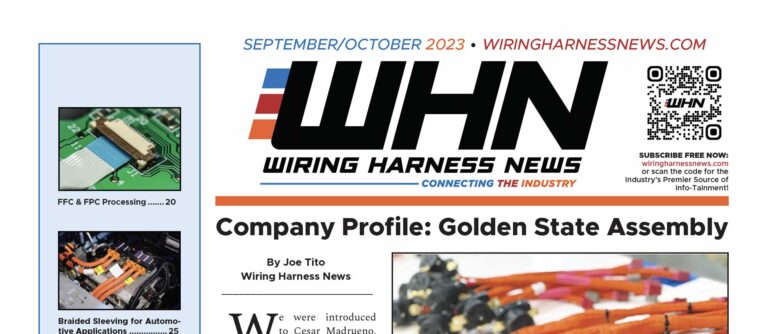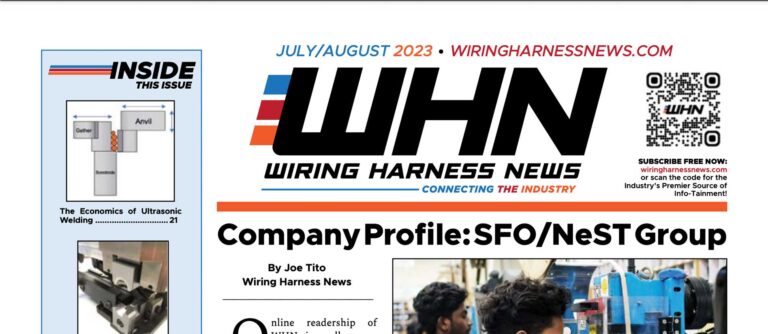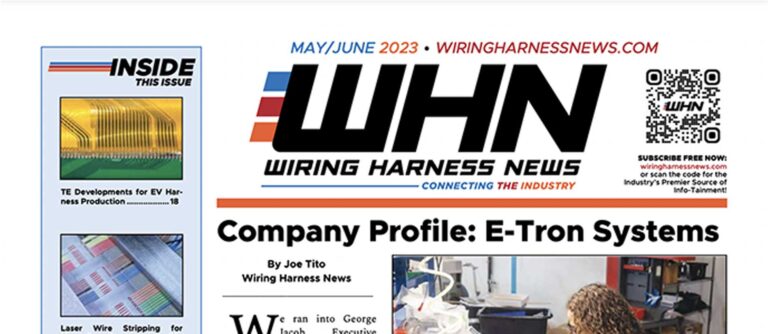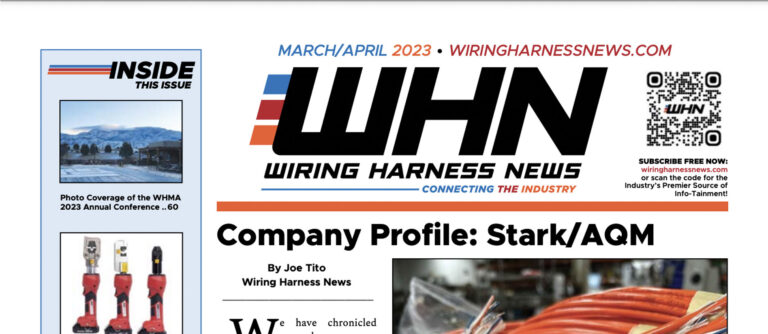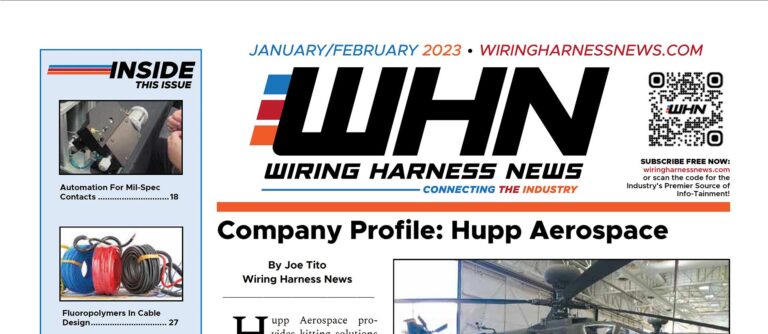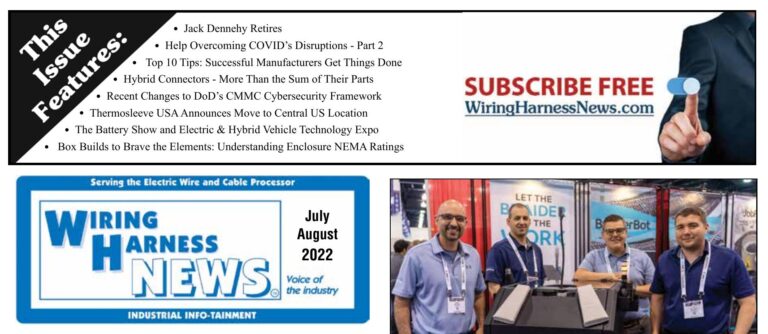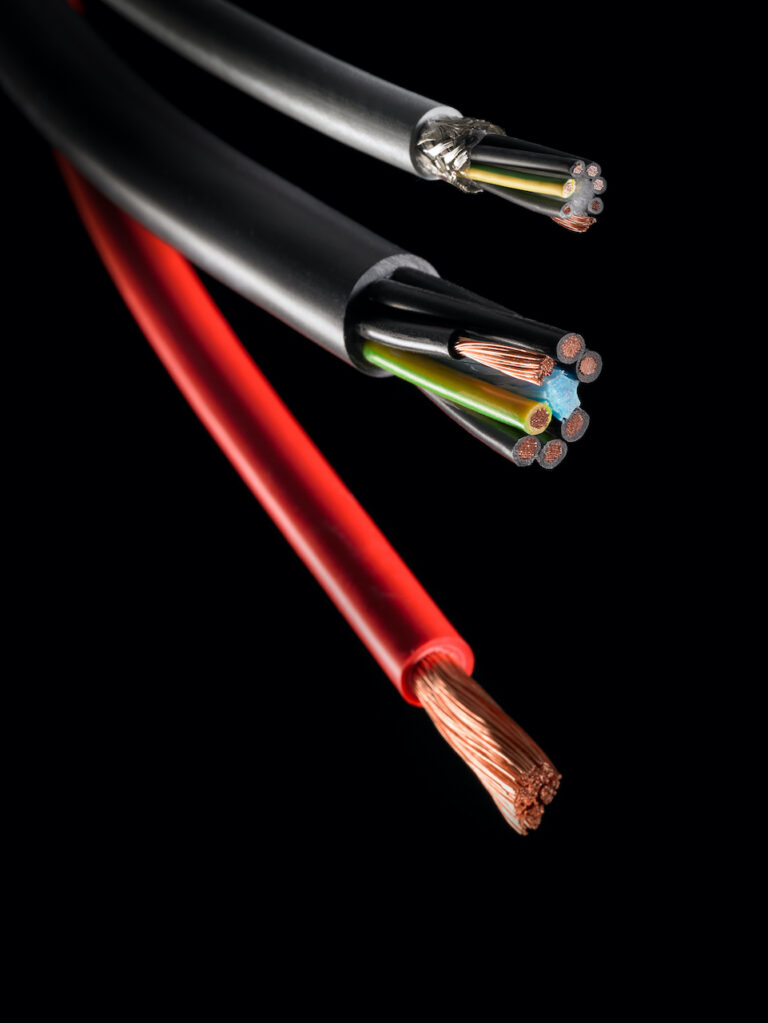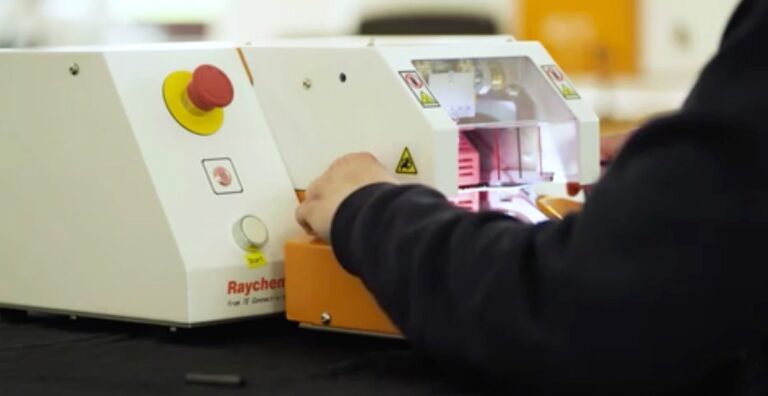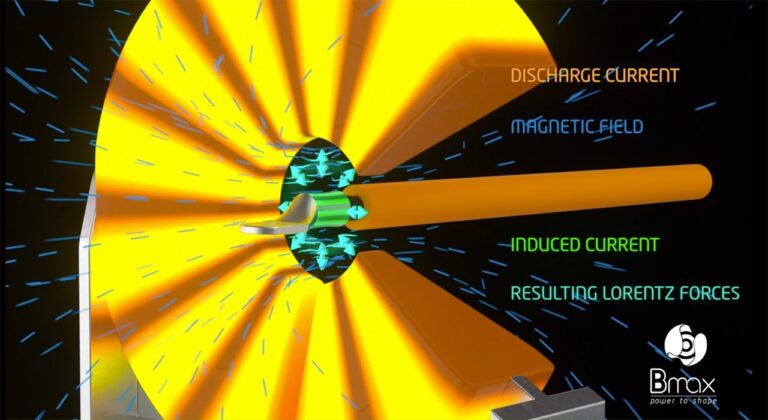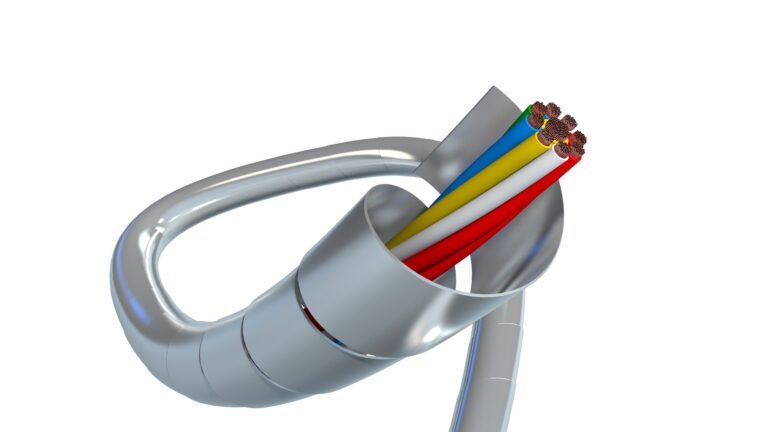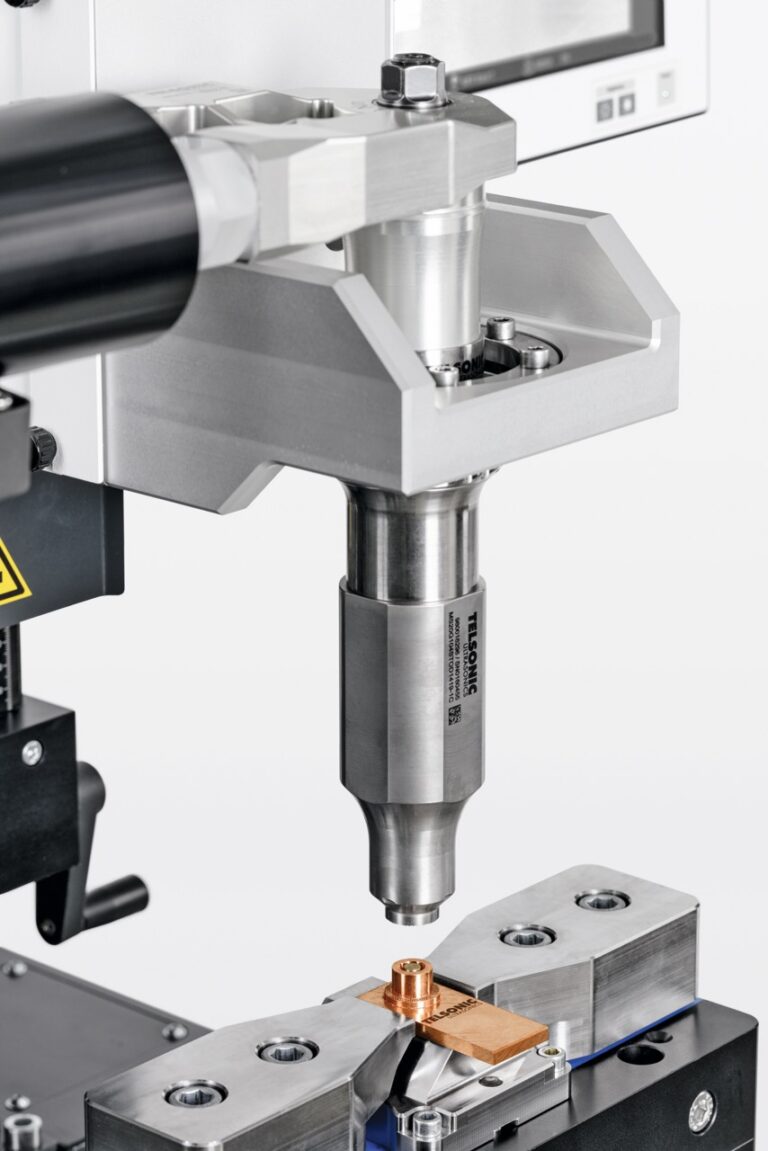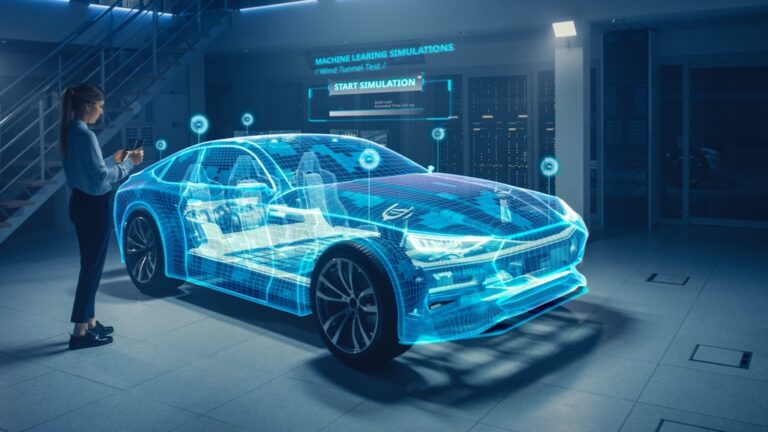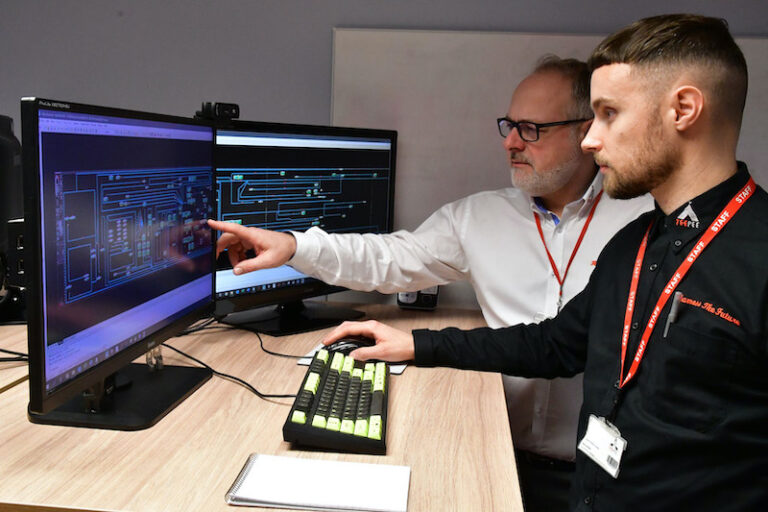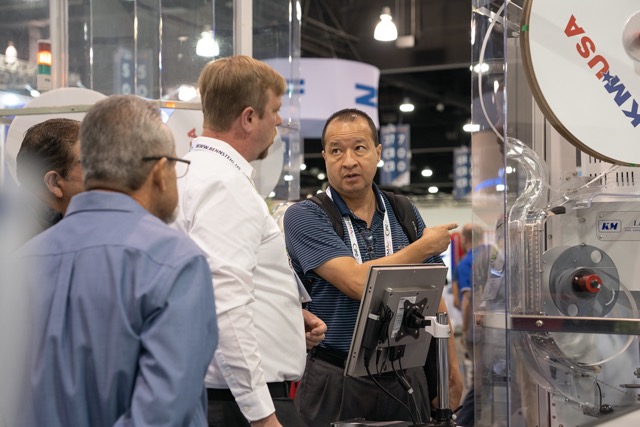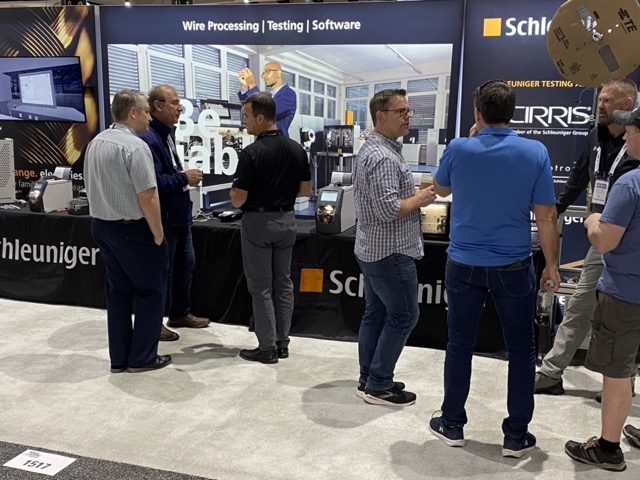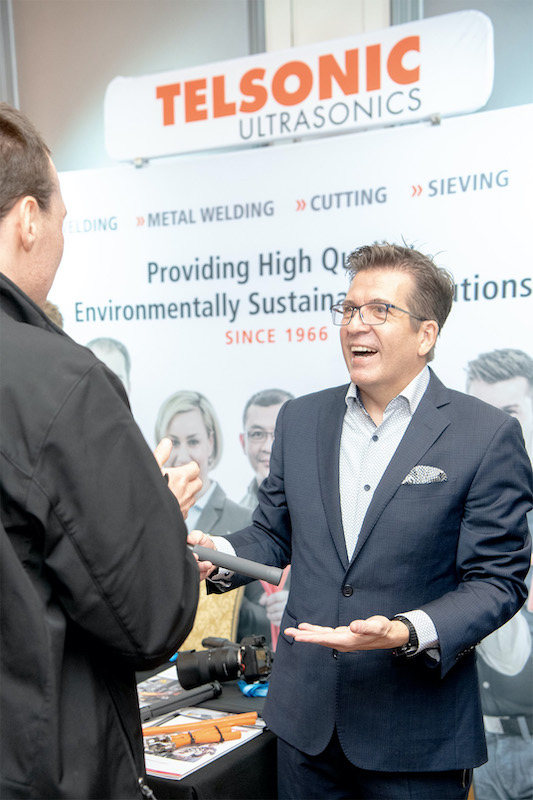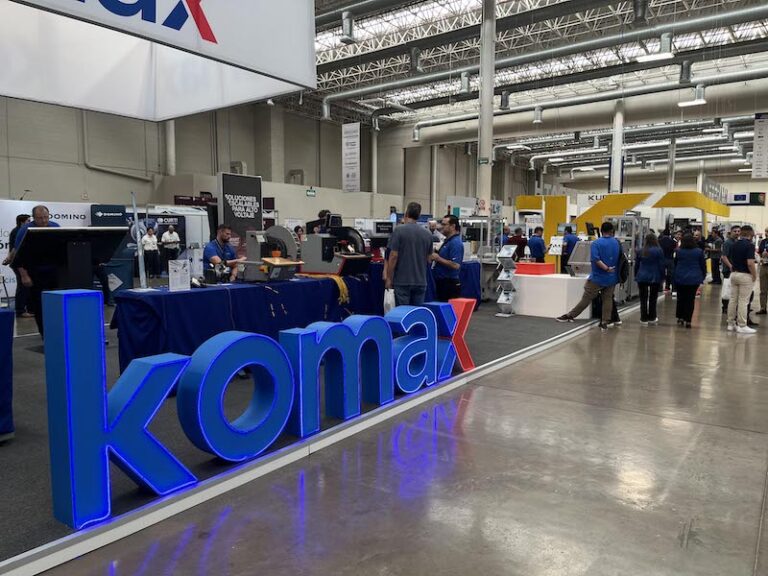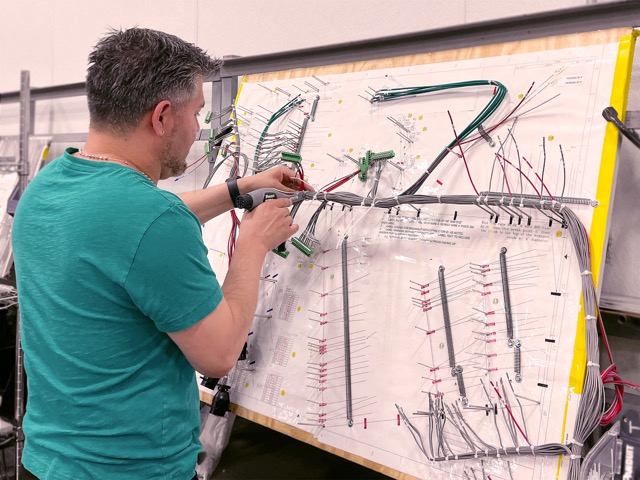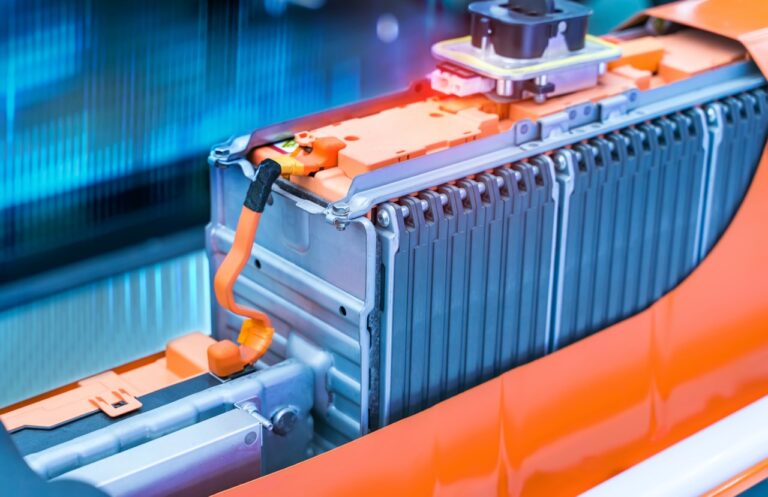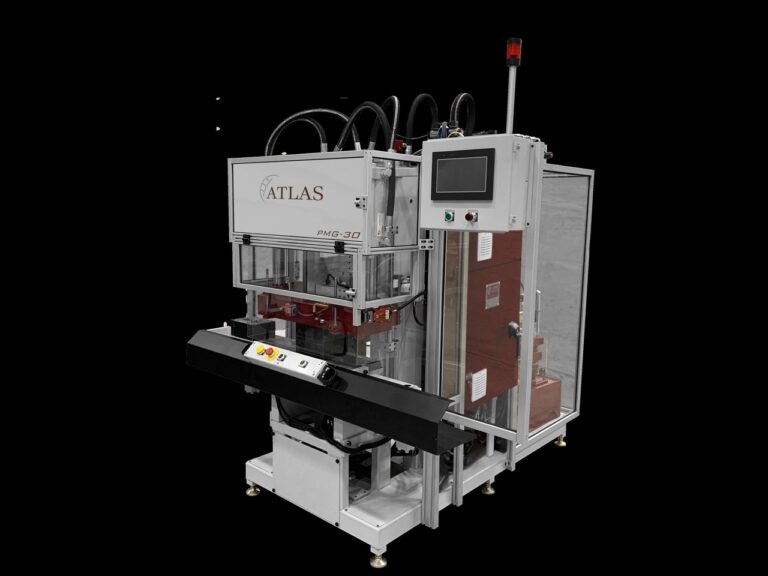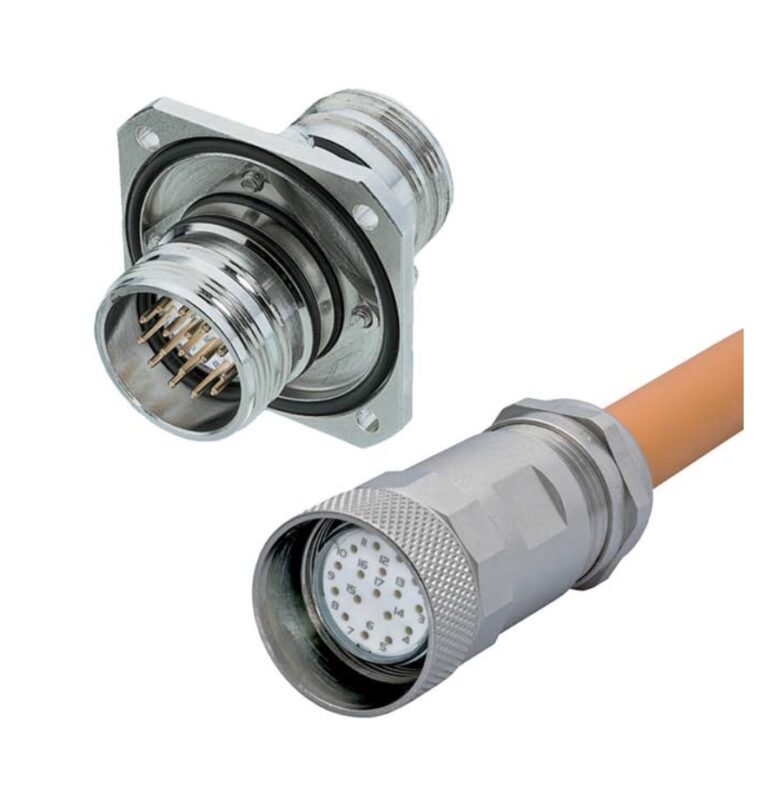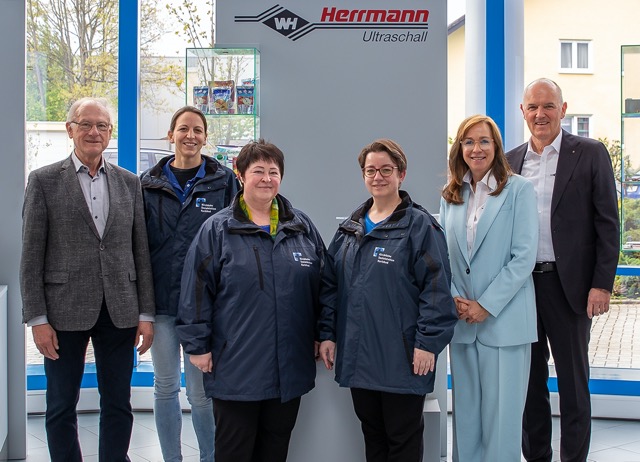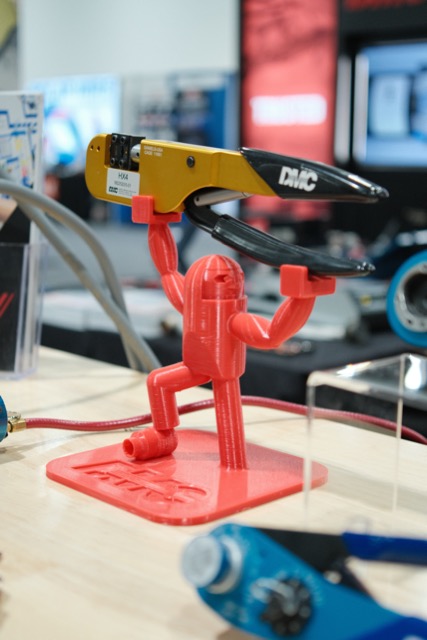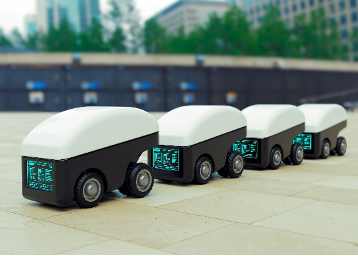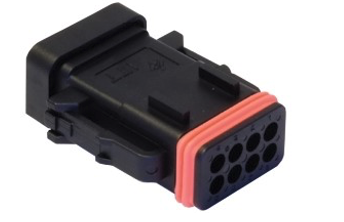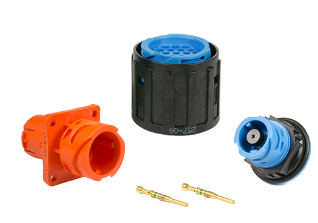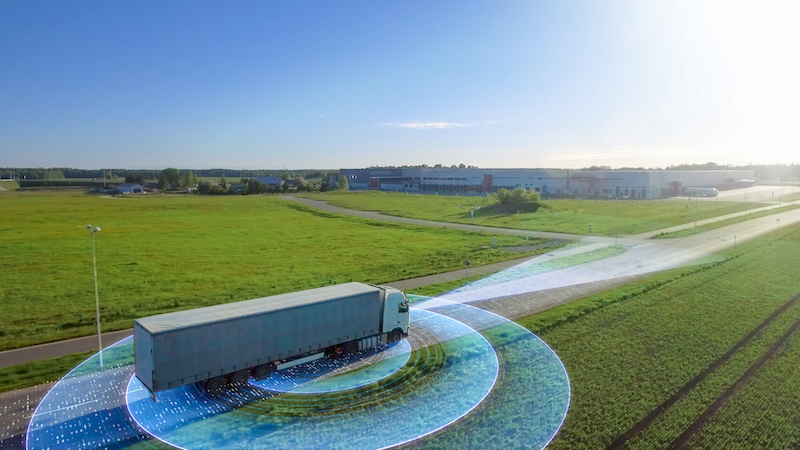
Increased demand for contactless delivery models has led many companies to reevaluate how they deliver products to consumers. Fortunately, vehicle advancements have shifted from a human-centric task to something more automated. Autonomous delivery vehicles (ADVs) operate without human intervention to deliver goods from retailers — a method that has become especially important since the pandemic.
The compound annual growth rate (CAGR) for the autonomous delivery vehicle market will reach 200 billion USD by 2029, according to an article published by the AI World School. This rapid growth is due to increased E-Commerce customers, urbanization, fewer truck drivers on the road, and technological advancements. In particular, technological advances have positively impacted logistics, addressing many global supply chain issues.
Types of Autonomous Delivery Vehicles
The three major autonomous delivery vehicle classifications are sidewalk vehicles, on-road delivery vans, and autonomous trucks. For example, Amazon uses a 6-wheeled sidewalk delivery robot named Scout to deliver packages to customers. Scout operates in various cities around the United States, and Amazon may be launching Scout in other cities across the globe, starting with Finland.
Dominos has teamed up with Nuro to develop on-road delivery vans in Houston. Similarly, Walmart recently bought 4,500 electric delivery vehicles and plans to incorporate them on the road in 2023. FedEx and Amazon already have autonomous cargo delivery systems for autonomous trucks.
As these vehicles become more widely used, people will soon share the road with autonomous robots on our daily commutes to work. Engineers are still in the testing phase for many of these autonomous delivery vehicles with start-ups; however, it is predicted that we will see many more vehicles on the roads (and sidewalks) over the next few years. Many nations worldwide have begun implementing these delivery vehicles rapidly. For example, Australia is leading the way with the most autonomous mining trucks, followed by Canada and China.
How Autonomous Vehicles Work
Autonomous delivery vehicles depend on AI (Artificial Intelligence) to achieve operations without human intervention. These AI systems rely on data provided in real-time from a wide variety of sensors, including cameras and LiDAR, which serve as the eyes of self-driving vehicles, and radar — as w ell as a variety of sensors related directly to control of vehicular systems.
These systems must transmit data quickly and with minimal error to achieve the necessary communication for safe, practical autonomy on the road alongside vehicles controlled by often unpredictable human drivers. This means they depend heavily on the data and power connectors used.
Connectors for Autonomous Delivery Vehicles
Among the most commonly used connectors for autonomous delivery vehicles are two products from ITT Cannon: CTC connectors and the APD connector series.
ITT Cannon CTC Connectors are a durable, well-equipped connector solution for autonomous vehicles. These cable-to-cable IP69K-rated connectors are simple to install, have easy contact insertion and extraction, and no special tooling is needed. In addition, the CTC connectors have a proven reputation for high performance, even in harsh environments.
The ITT Cannon APD Series comprises ISO 15 170 plastic connector systems.
These circular connectors have an easy-to-use, quick-mating bayonet coupling and are rated either IP67 or IP69. APD connectors can withstand exposure to aggressive environments, including corrosive fluids and extreme temperatures, as well as high levels of vibration and shock, as seen in trucks, buses, and other industrial vehicle applications.
Sourcing Connectors for Autonomous Delivery Vehicles
PEI-Genesis’s connector experts stay updated with the latest trends and technological advancements in autonomous vehicles. The team can help you track down a solution that meets your application needs and provides the reliable performance necessary for automotive safety, including customized solutions.


